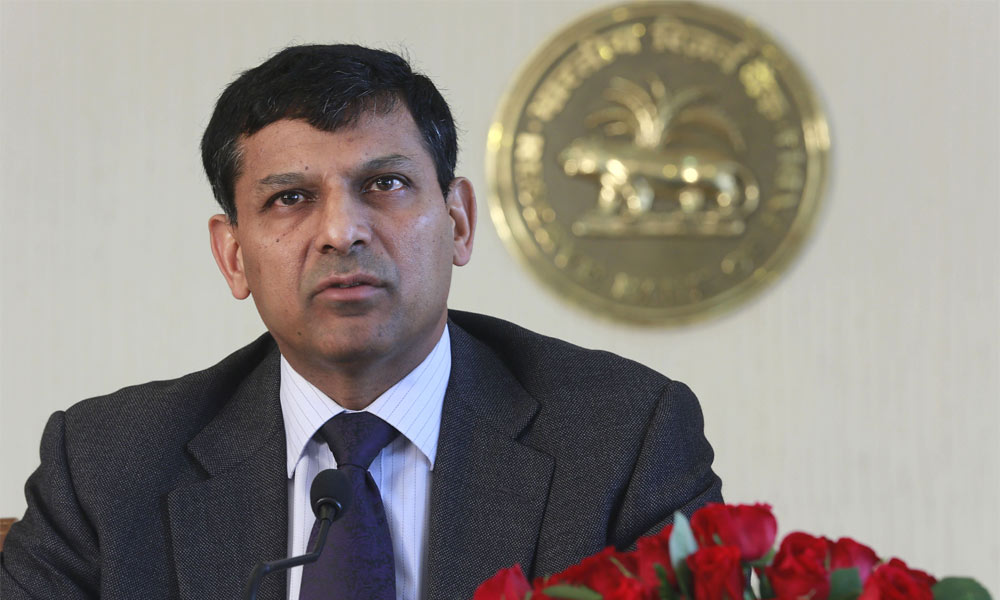With a total of 22, Uttar Pradesh has recorded the highest number of fake universities functioning in the state, nine, followed by Delhi- five. This was told by the government to the Rajya Sabha. Adding to that, the respective governments have also been asked to initiate action.
Just so that students do not get trapped and duped overseas, Union HRD Minister Smriti Irani has said that her ministry is in the process of writing to Ministry of External Affairs to sought a list of fake universities there.
Apart from Uttar Pradesh and Delhi, there are two in West Bengal and one each in Bihar, Karnataka, Kerala, Maharashtra, Tamil Nadu and Odisha.
Portals like, “Know Your College” and mobile app detailing about all universities and colleges have been developed in order to safeguard the students from being duped. A system for grievance redressal has also been developed internally said MHRD minister Smriti Irani.
To this effect the minister has also made it clear that the UGC has taken cognizance of the fact that some of these unauthorised universities that have tried to set up off-campus centres have been ordered shut down by UGC.
Bihar
Maithili University/Vishwavidyalaya, Darbhanga, Bihar.
Delhi
Commercial University Ltd., Daryaganj, Delhi.
United Nations University, Delhi.
Vocational University, Delhi.
ADR-Centric Juridical University, ADR House, 8J, Gopala Tower, 25 Rajendra Place, New Delhi – 110 008.
Indian Institute of Science and Engineering, New Delhi.
Karnataka
Badaganvi Sarkar World Open University Education Society, Gokak, Belgaum, Karnataka.
Kerala
St. John’s University, Kishanattam, Kerala.
Maharashtra
Raja Arabic University, Nagpur, Maharashtra.
Tamil Nadu
D.D.B. Sanskrit University, Putur, Trichi, Tamil Nadu.
West Bengal
Indian Institute of Alternative Medicine, Kolkatta.
Institute of Alternative Medicine and Research,8-A, Diamond Harbour Road, Builtech inn, 2nd Floor, Thakurpurkur, Kolkatta – 700063
Uttar Pradesh
Varanaseya Sanskrit Vishwavidyalaya, Varanasi (UP) Jagatpuri, Delhi.
Mahila Gram Vidyapith/Vishwavidyalaya, (Women’s University) Prayag, Allahabad, Uttar Pradesh.
Gandhi Hindi Vidyapith, Prayag, Allahabad, Uttar Pradesh.
National University of Electro Complex Homeopathy, Kanpur, Uttar Pradesh.
Netaji Subhash Chandra Bose University (Open University), Achaltal, Aligarh, Uttar Pradesh.
Uttar Pradesh Vishwavidyalaya, Kosi Kalan, Mathura, Uttar Pradesh.
Maharana Pratap Shiksha Niketan Vishwavidyalaya, Pratapgarh, Uttar Pradesh.
Indraprastha Shiksha Parishad, Institutional Area,Khoda,Makanpur,Noida Phase-II, Uttar Pradesh.
Gurukul Vishwavidyala, Vridanvan, Uttar Pradesh.
Odisha
Nababharat Shiksha Parishad, Anupoorna Bhawan, Plot No. 242, Pani Tanki Road,Shaktinagar, Rourkela-769014.
































